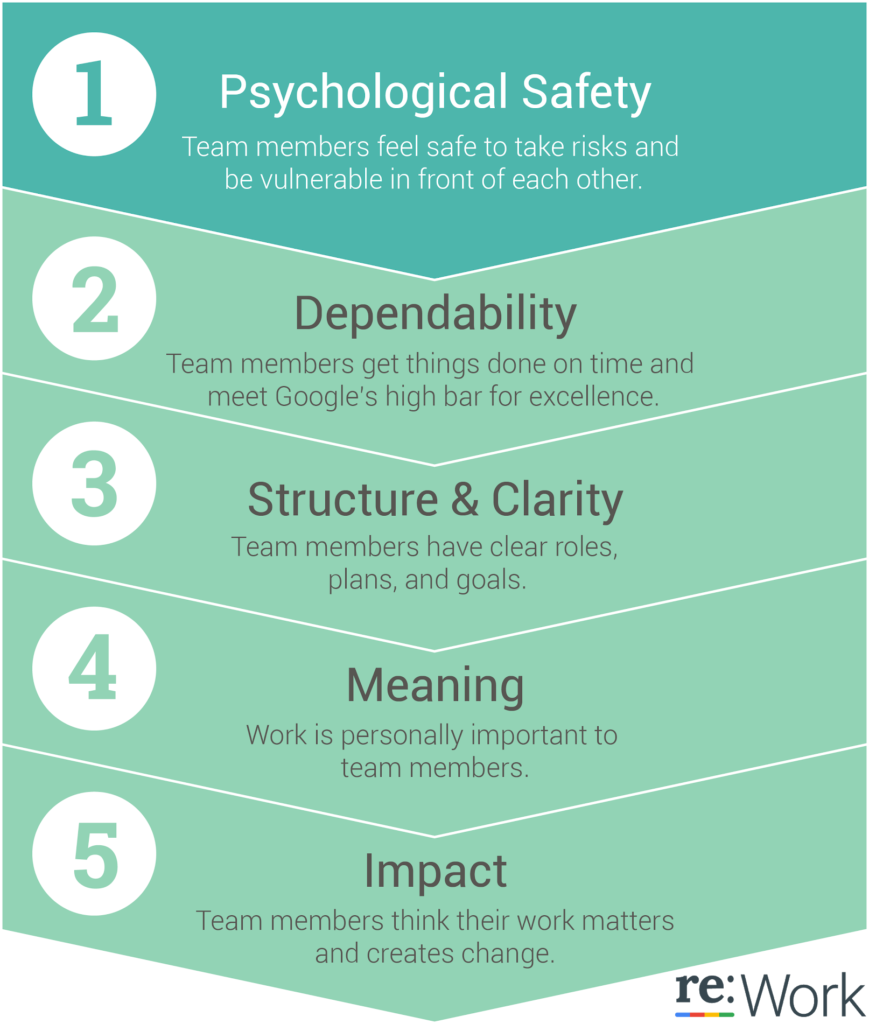Culture Club – How We Strive to Thrive
As 2019 is drawing to a close, it is inevitable to look back over the past year and reflect on both accomplishments and challenges. Going through this self-reflection of my 2019 at Vovia, I found myself frequently coming back to one common denominator that plays a critical role in both success and failure and that is…my team. We are fortunate to have an incredible team here at Vovia and this does not happen by chance, but rather it is a result of Vovia’s focus on building an amazing workplace culture.

Everyone wants to say they love going to work, though unfortunately, not everyone gets to do what they love. What’s the next best thing? Work/life balance is a factor. The people you work with is another. Your personal desire to be the best you can be and accountable to your team probably helps. For an organization, all of these things equate to its culture. It’s the perfect team. It’s the metaphorical gears that run the company, working together in harmony with the proper amount of give and take. Being a part of an amazing workplace culture, where the work atmosphere is contagious, where coworkers are happy, smiling, and communicating, that’s a place people will be drawn to, grow within, and stay.
What is Culture
Culture can mean many things and be different depending on the company’s makeup and team. To really impact a company’s productivity and employee cohesiveness, the culture mandate starts at the top.
A friendly and fun environment promotes an inclusive space that nurtures an atmosphere that is easy going and welcomes an increase in participation throughout the company. There are a various number of models for corporate culture, with terms like Holacracy, Adhocracy, and Agile Management (to name a few) associated with them. Is it important to fit your growing organization into one of these labels, or is there more value in determining as a team what works for the group and instill parts of each into the whole.
That is an important distinction to make. A company can force cultural values on it’s employees and try to make it work, but if a company gives the space and freedom to the individuals that make up the workforce, the gears will start working together organically in the manner that best suits the people in the system. That’s not to say there shouldn’t be a direction and focus from leadership, but it needs to come with the understanding that the individuals that make up the whole are unique and not everything works for everyone.
Fit interviews are a staple amongst many companies to ensure there is a natural fit amongst different groups that interact with each other on a daily basis. Though, it is important to weigh the benefits of the skills a new member may provide the company over too perfect a fit, with an understanding that the benefits ultimately outweigh any shortcomings – to a point.
What Makes a Great Team
Your culture is only as good as your team. So that begs the question, what in fact makes a good team?
Google conducted a study over five years with the goal of finding the secrets to team impactfulness. The study revealed that it was less important who was on the team, with more emphasis on how the team works together. These 5 characteristics were uncovered:
Psychological safety: To maximize effectiveness a team needs to feel safe. A workplace that is judgement free, where members voices matter, and where they can be open to sharing their insights without fear of reprisal or judgement, is an environment that fosters loyalty and individual success. This is important to a great team as contributions from everyone on the team raises the whole team-up.
Dependability: Accountability and transparency toward each member of the team is key to effectiveness. Defined roles and functions are a part of any work that needs to be done to achieve success, and when each member understands what roles are being carried out by whom, progress is more easily tracked and milestones and team expectations are more readily met. Team-mates are more likely to complete work on time, instead of ignoring their responsibilities.
Structure and Clarity: Open and regular communication is employed in great teams so each member clearly understands the updates provided and what the next steps are. Defined leadership and agendas need to provide the clarity needed so next steps can be properly determined to achieve success.
Meaning: Great teams take the time to recognize individuals and groups within the team that contribute to the team’s success. Positive reinforcement, providing support, and showing appreciation embiggens a sense of purpose throughout the team. This recognition also provides a sense of ownership to each individual, which improves accountability.
Impact: Continued focus on the company’s vision or mission statement is important to give an emotional connection to the overall goals of the company to the members. Regular discussion and confirmation of the impact the team is having on attaining the business objectives provides insight into the value each team-mate has to each other, and that the work they are doing is important.
How Do You Know What Will Work?
Ultimately, there is no secret recipe for creating a great and successful team or the perfect company culture. It’s all about timing, where the company lies in its growth and expansion, the right people at the right time, and potentially where the company needs to move towards to bring about new success.
Placing less emphasis on “establishing culture” will pay more dividends over trying to force a certain workplace culture onto a team that either isn’t compatible with the “culture” or it isn’t the right time to have the team exist together in this particular way.
Here at Vovia, there is an emphasis on establishing an effective and flexible workplace focused on getting to know and interact with team members across different departments. This enables a culture of collaboration, comfort and communication that is felt and seen throughout the organization.
We also care about driving performance, innovating by leveraging our sophisticated knowledge and experience, and by striving to be industry leaders in the area of marketing intelligence. The support is there and everyone is tasked with being transparent and accountable with each other. Bi-weekly team meetings are held to share new findings, successes (and failures), team updates, and progress updates on overall business objectives so everyone is informed and understands the impact we all have on each other, and the business.
So the next time you are pondering the culture of your team and/or workplace, think about the above. Think about where the company wants to be, where the company needs to be, and where the company currently resides in regards to culture.
How does your organization develop and nurture its culture? Let me know in the comments!
